HDPE Electrical Conduit Pipe is becoming a leading solution for protecting electrical cables and wiring, especially in harsh environments. Made from High-Density Polyethylene (HDPE), these pipes offer superior durability, flexibility, and cost-effectiveness, making them an excellent choice for both commercial and residential electrical installations. In this article, we will explore the key features, benefits, applications, and installation methods of HDPE Electrical Conduit Pipe.
What is HDPE Electrical Conduit Pipe?
HDPE Electrical Conduit Pipe is a non-metallic, flexible, and robust pipe used for enclosing electrical cables and wires. The pipe's material, HDPE, is known for its high resistance to chemicals, moisture, and extreme temperatures, making it ideal for underground and outdoor installations. Its flexibility also allows for easy installation in complex and curved pathways, minimizing the need for additional joints and fittings.
Key Benefits of HDPE Electrical Conduit Pipe
1. Durability: One of the primary reasons for using HDPE Electrical Conduit Pipe is its long lifespan. HDPE is resistant to environmental stress, corrosion, and physical damage, ensuring that it can protect electrical wiring for decades without degradation.
2. Flexibility: HDPE conduit pipes are highly flexible, making them suitable for installations in areas with difficult or uneven terrain. Their flexibility reduces the need for additional fittings, making installation quicker and more cost-effective.
3. Chemical and Water Resistance: HDPE is inherently resistant to chemicals, which means that it won't degrade or corrode when exposed to hazardous substances. Additionally, the material's waterproof properties make it ideal for underground installations where exposure to moisture is a concern.
4. Cost-Efficiency: Compared to traditional metallic conduit pipes, HDPE Electrical Conduit Pipe is more affordable and lighter, reducing shipping and installation costs. Its durability also minimizes long-term maintenance expenses.
5. Eco-Friendly: HDPE is recyclable and environmentally friendly. As industries and governments push for more sustainable solutions, HDPE pipes are gaining popularity as a green alternative.
Common Applications of HDPE Electrical Conduit Pipe
HDPE Electrical Conduit Pipe has a wide range of applications, particularly in sectors where durability, flexibility, and resistance to harsh environmental factors are required. Here are some of the most common uses:
Underground Electrical Wiring: HDPE pipes are commonly used for underground electrical conduits due to their strength, flexibility, and resistance to moisture.
Telecommunications: These pipes are also used to protect fiber optic cables and other telecommunications infrastructure, ensuring safe data transmission in both urban and rural areas.
Industrial Electrical Systems: In industrial environments where chemicals and harsh conditions may be present, HDPE Electrical Conduit Pipe provides superior protection to electrical wiring systems.
Residential and Commercial Installations: For homes, offices, and commercial buildings, HDPE pipes offer a reliable and cost-effective solution for wiring protection, especially in areas with frequent exposure to water or chemicals.
Installation Methods for HDPE Electrical Conduit Pipe
Proper installation of HDPE Electrical Conduit Pipe is crucial for ensuring its effectiveness and longevity. Here are the main steps involved in installing HDPE conduit pipes:
1. Trenching: When installing HDPE pipes underground, the first step is trenching. The trench should be deep enough to protect the conduit from potential surface loads or disturbances.
2. Bending and Laying: HDPE Electrical Conduit Pipe is flexible and can be bent around obstacles or curved pathways. However, care must be taken to avoid sharp bends that could stress the pipe or cables inside.
3. Joining Pipes: HDPE conduit pipes can be joined using various methods, including thermal fusion or mechanical fittings. Proper joining techniques ensure a seamless and leak-proof system.
4. Backfilling: After laying the pipes, the trench should be carefully backfilled with soil or sand. Ensure that no sharp objects are in contact with the pipe to avoid damage over time.
5. Pulling Cables: Once the pipe system is installed, electrical cables can be pulled through the conduit. Lubricants may be used to ease the cable pulling process, especially over long distances.
HDPE Electrical Conduit Pipe vs. Other Types of Conduits
Compared to other conduit materials such as PVC, metal, or fiberglass, HDPE Electrical Conduit Pipe stands out in several ways:
Flexibility: HDPE is significantly more flexible than PVC or metal conduits, making it ideal for installations in areas with frequent movement or shifting soil.
Durability: While metal conduits may corrode over time, and PVC can become brittle in extreme temperatures, HDPE maintains its integrity across a wide range of environmental conditions.
Cost: HDPE is generally more cost-effective in terms of material, transportation, and installation, offering long-term savings in both time and labor.
HDPE Electrical Conduit Pipe offers numerous advantages, including durability, flexibility, and resistance to chemicals and moisture. Whether you're installing underground electrical wiring, protecting telecommunications infrastructure, or looking for a cost-effective solution for commercial or residential installations, HDPE conduit pipes provide a reliable and eco-friendly option.
With the growing demand for durable and sustainable electrical conduit solutions, HDPE Electrical Conduit Pipe is poised to remain a top choice in various industries. Be sure to consult with professionals when planning your installation to ensure the proper pipe size, installation techniques, and joint methods are used for your specific project needs.
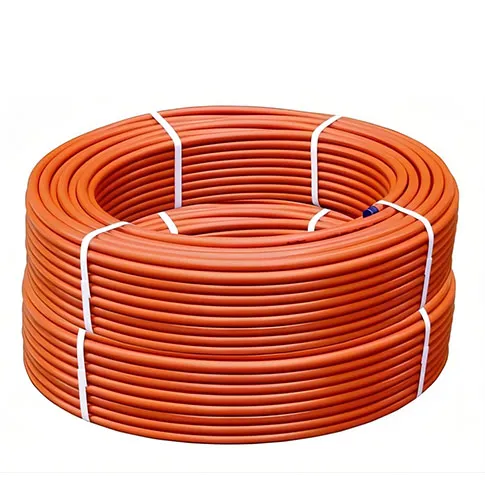
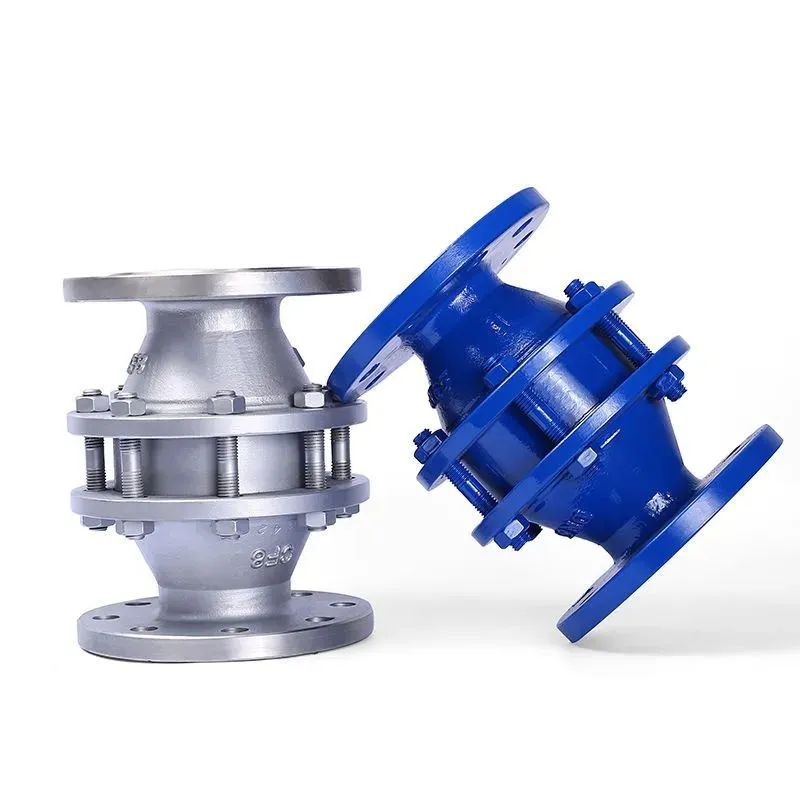
629.webp)
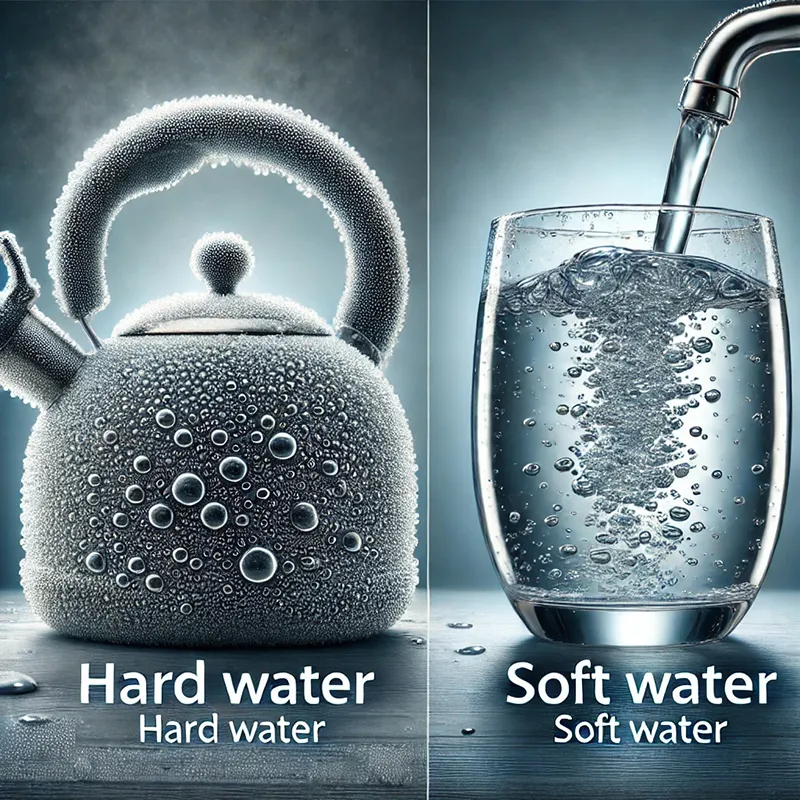
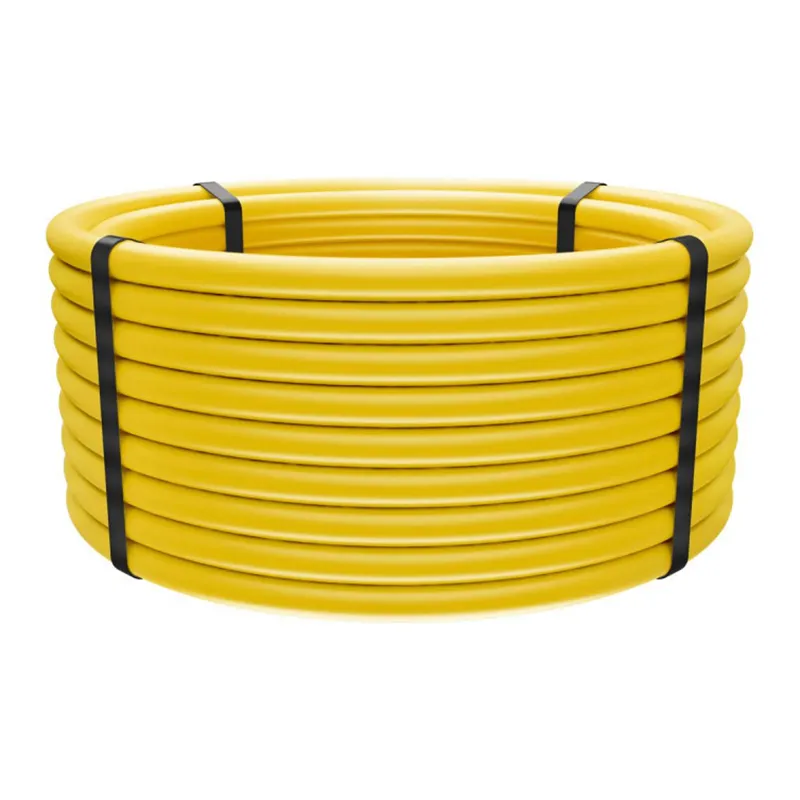
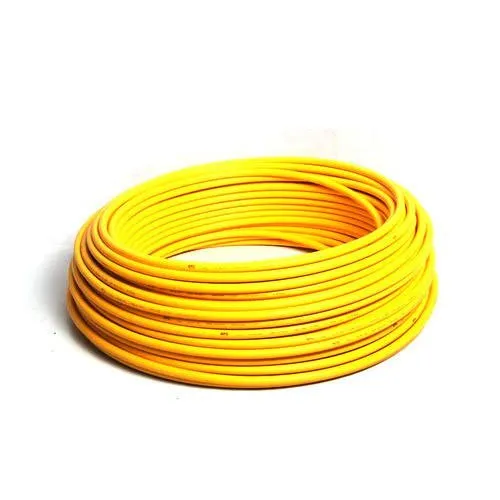
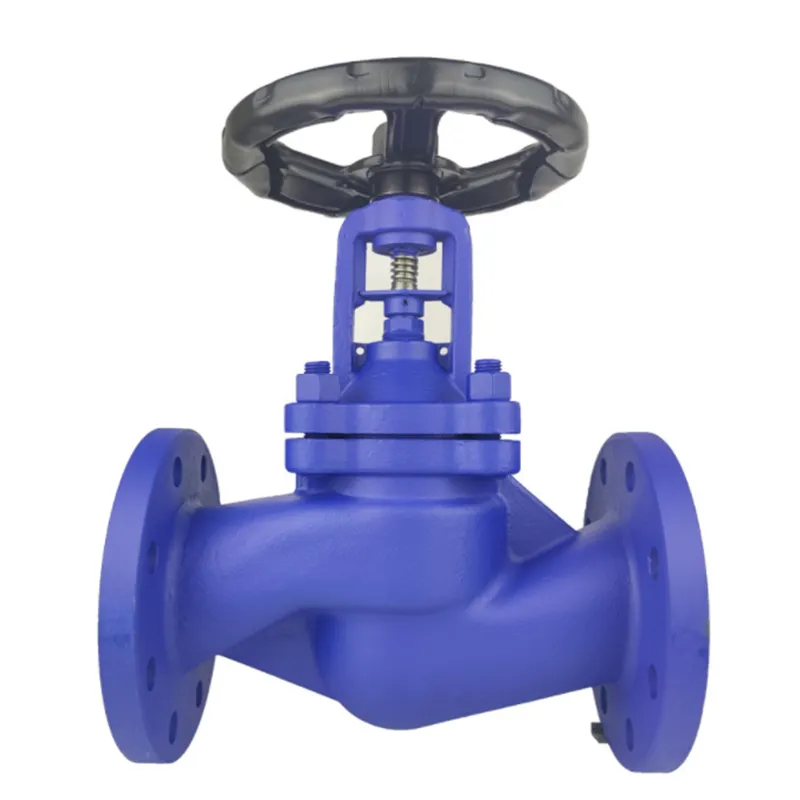
294.webp)
476.webp)
420.webp)
146.webp)
460.webp)
287.webp)
274.webp)
688.webp)


